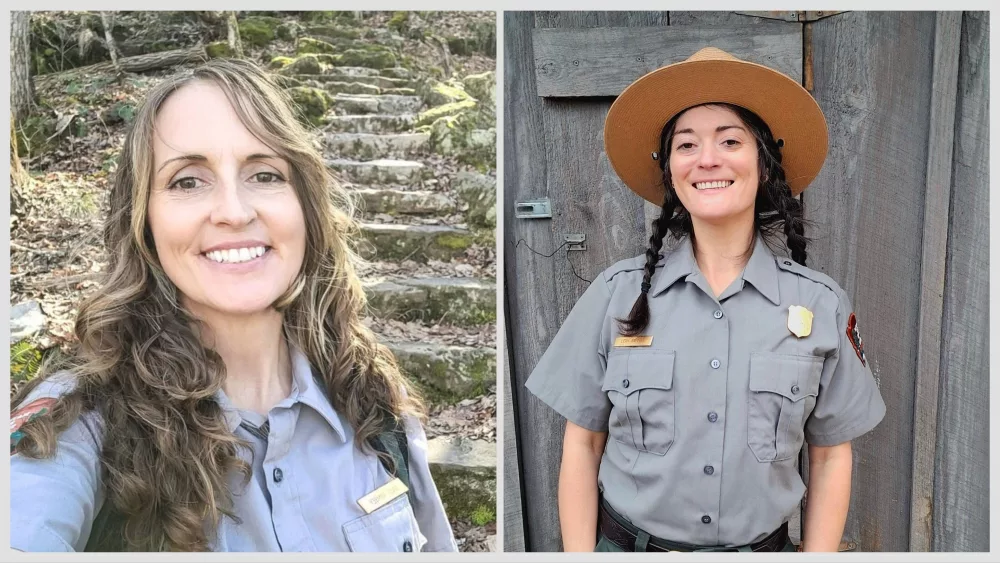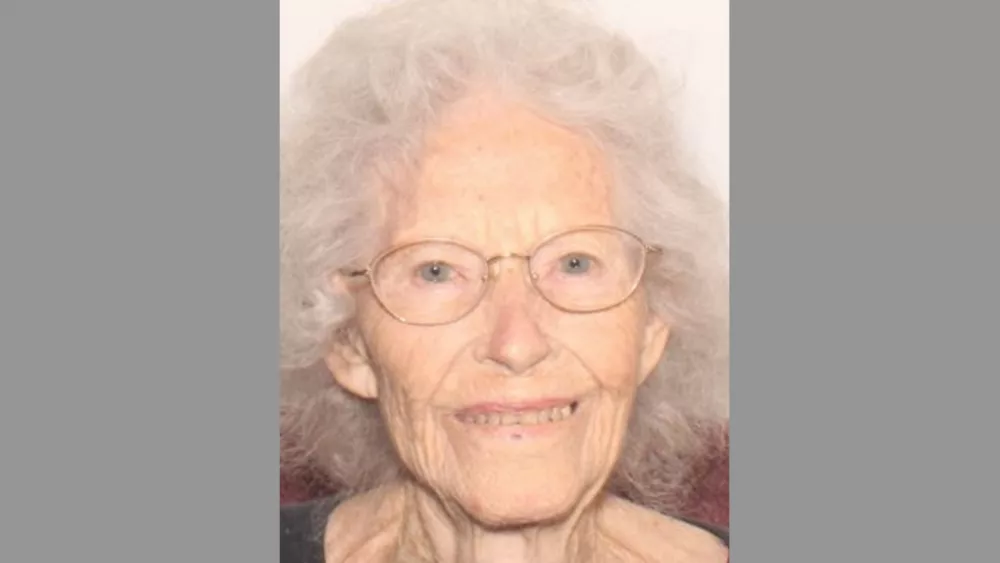Walking into Tim Cunningham’s agriculture education classroom at Cedar Ridge High School in Newark at any given point in the day, you may very well find the room empty.
But if you look further, you will see students in his shop building door frames or designing and cutting metal on a CNC plasma cutter. Past the shop, you may see students fitting show animals in preparation for an upcoming fair, observing a local volunteer as he artificially inseminates a cow, or even cutting hay on the school’s 35-acre farm.
Cunningham offers two career and technical education programs of study to his students: power; structural and technical systems; and animal science. These programs cover a variety of topics, and even students who aren’t interested in pursuing a career in the agricultural field are sure to find something of value.
“I’ve got kids that will never have anything to do with agriculture, but because of the class they’ve taken, they’re able to hopefully learn a skill,” Cunningham said. “If nothing else, if you’re in my class you’re going to see the number one industry in Arkansas and not be ignorant to agriculture.”
Cunningham has taught at Cedar Ridge High School for 11 years. Before that, he spent 15 years at Calico Rock High School and two years at a now-consolidated district once called Fourche Valley in Yell County. When Cunningham took the job at Cedar Ridge, he had big shoes to fill — those of his father, who retired after 39 years as an agriculture education teacher, with 20 of those years at Cedar Ridge (previously Newark). Cunningham’s family moved to Newark when he was a senior in high school. “So I was a student in the same room where I now teach,” he said.
Over the years, Cunningham noticed a trend of less and less students actually living on farms or having access to farm animals. That trend motivated Cunningham to give his students access to farm life on the school campus. Ashley Dubreville, a Cedar Ridge senior and FFA president, showed goats beginning at age 11, but after moving in with her father, she no longer had access to a family farm.
“I started showing the schools’ animals, and a nice guy from around the Imboden area also let me show one of his bulls this year,” Dubreville said.
Dubreville’s animals are kept in the school barn, and she carves out time daily — including during the summer — to come to school and care for those animals.
Dubreville credits her FFA experience and her time in ag-ed courses for much of her success in high school.
“For me, I was a troublemaker through about seventh grade, but being in FFA teaches you to grow up a little bit — especially being on the farm, coming in feeding, having responsibilities, there’s a lot to it,” she said. “I’ve learned a lot of leadership skills. In ninth grade, I didn’t talk much or do much, but this experience has definitely brought me out of my shell.”
Dubreville is a member of the school’s vet science team that competes yearly in FFA Career Development Events (CDEs). Her team won this year’s district CDE and state high point competitions in the vet science category, and Dubreville was the high-point individual scorer in the state.
Her experience on the vet science team has even shaped her career plans.
“I always said I wanted to be a veterinarian, and I would still like to pursue veterinary school, but there is not a vet school in Arkansas, and I don’t really want to move off,” she said. “I’ve also always had a passion for teaching. I like to see other people learn and do, and I like holding a standard for them to meet. So I am going to pursue ag education. I’m going to UACCB (University of Arkansas Community College Batesville) for the first two years, where I will basically have everything paid for, and then I will finish up at A-State (Arkansas State University).
Juniors Tra Grissom and Jadyn Ballard are also fans of Cunningham’s programs — preferring the day-to-day work in an agricultural education setting to the pressure of the CDE events.
“Yesterday Tra, me, and a vet preg-checked two heifers, semen tested two bulls and de-horned two calves,” Ballard said. “We actually stayed after school to do that. That’s how much we like this stuff.”
Grissom noted that he prefers the hands-on learning in Cunningham’s shop, barn, and pasture to the traditional high school classroom setting.
“I’m a lot smarter down here, I think, because I apply myself a lot more down here than I do over in that building,” he said as he motioned from the ag building toward the main high school building.
Ballard agreed, noting that his school schedule allows him two periods of agriculture education a day. “I have ag first period and last period,” he said. “So after I finish first period, I’m just looking forward to last period so I can come back to ag.”
Ballard and Grissom are both interested in welding after high school, and they have gotten the chance to practice welding in Cunningham’s classes.
“You learn a lot of stuff around here,” Grissom said. “And mostly I like being around C (Cunningham). He’s by far the best teacher as far as I’m concerned.”
The nature of Cunningham’s programs means that a lot of money is required to support them. One way Cunningham raises funds for his program is through the annual FFA auction held each spring. Students work all school year on projects to be auctioned off, and other items are donated by community members. A meal is served at the event, and all the funds raised during the event go back into the program — purchasing livestock, feed, equipment, materials, and funding student travel for CDEs and livestock shows. Cunningham’s goal is that all students, whether they can afford it or not, get the opportunity to explore an area of agriculture that interests them.
“If a kid doesn’t have an animal or can’t afford an animal to show, we’ll have some for them to choose from,” he said. “We’re just now to the point of having four head of cattle. We have had calves off of them, and we take them and sell them and put the money back into the program. And then we’ve got four that are hopefully bred right now that the kids will get to show.”
The agriculture program recently purchased a male and female miniature donkey for students who are interested in learning equine science. “They’ll learn about equine and how to take care of them and manage them, and it will not be as expensive as having horses,” he said.
Students who are more interested in learning about small animals and pets get to see demonstrations conducted by Cunningham and community veterinary volunteers.
“Vets go through what an exam looks like on our shop cat,” he said. They draw blood on our barn dog. All that stuff is more hands-on for the kids. Several kids even choose to show and care for rabbits.”
This year a community partner donated $2,500 to ensure that students on the show team had enough money to attend the Arkansas State Fair in October.
“We have such a great community,” Cunningham said. “They’re always giving back to us in all kinds of ways. They donate items for the auction. They buy items from the auction.”
Former students of Cunningham’s also give back to his program.
“A lot of those kids will come back to help with things,” he said. “I’ve had former students who have disked our fields for us. I’ve had former students who have come in with our spray rig and sprayed for us. Welding students have come back to help with kids with welding. That’s the awesome part for me, when some of these kids graduate, they go into the field, and then they give back. One of my former students is a vet, and she just came over and did a demonstration for animal science, and then we’ve had another vet let some kids come over and actually watch a surgery”
All the livestock raising does get expensive, but Cunningham’s students are able to cut costs by producing their own hay.
“We have a 35-acre farm here where we cut hay,” he said. “We do hay crops on it, and the kids get to learn how to drive the tractor. We do everything from cutting it, to tedding it, raking it, and baling it. We have two tractors. We have a square baler and a round baler. We produce enough hay that we feed the kids’ projects and our department cattle. Whatever we have left over we sell to people in the community, and those funds go back into the program.”
Students not interested in animal science might be found working on the construction of a tiny house. Cedar Ridge maintenance technician Jeff Noordhoek is a master carpenter, so he has worked consistently all year with students as they have built the house from the ground up.
The tiny house will be sold at the spring auction on May 18 along with a variety of decorative items that have been cut out on the CNC plasma cutter. Students using the plasma cutter get experience with CAD and graphic design, and since he gets a new crop of students in his power structures classes each year, the students have to learn a lot through trial and error.
“The kids have to think, ‘What parts do I want to fall out and what parts need to be joined together,’” Noordhoek said. “They have to go through the process of figuring out which areas to cut and which areas to leave in.”
Dr. Andy Ashley, Cedar Ridge superintendent, appreciates Cunningham’s focus on all students.
“Mr. Cunningham can take a subject like agriculture and weave it into any kid’s life,” Ashley said. “He’s able to engage students who care nothing about a farm, but he shows them how agriculture can be applied to every aspect of their lives. I just love seeing the success of students in his classroom who don’t have a lot of success in a more traditional environment. He truly does address the needs of every student.
Dubreville, who is modeling her career path after Cunningham’s work summed up his mission by noting how much he cares for his students.
“He will go above and beyond for any of his students, regardless of what they’re interested in,” she said. “It doesn’t matter to him. When he knows his students are trying, he will try even harder for them.”
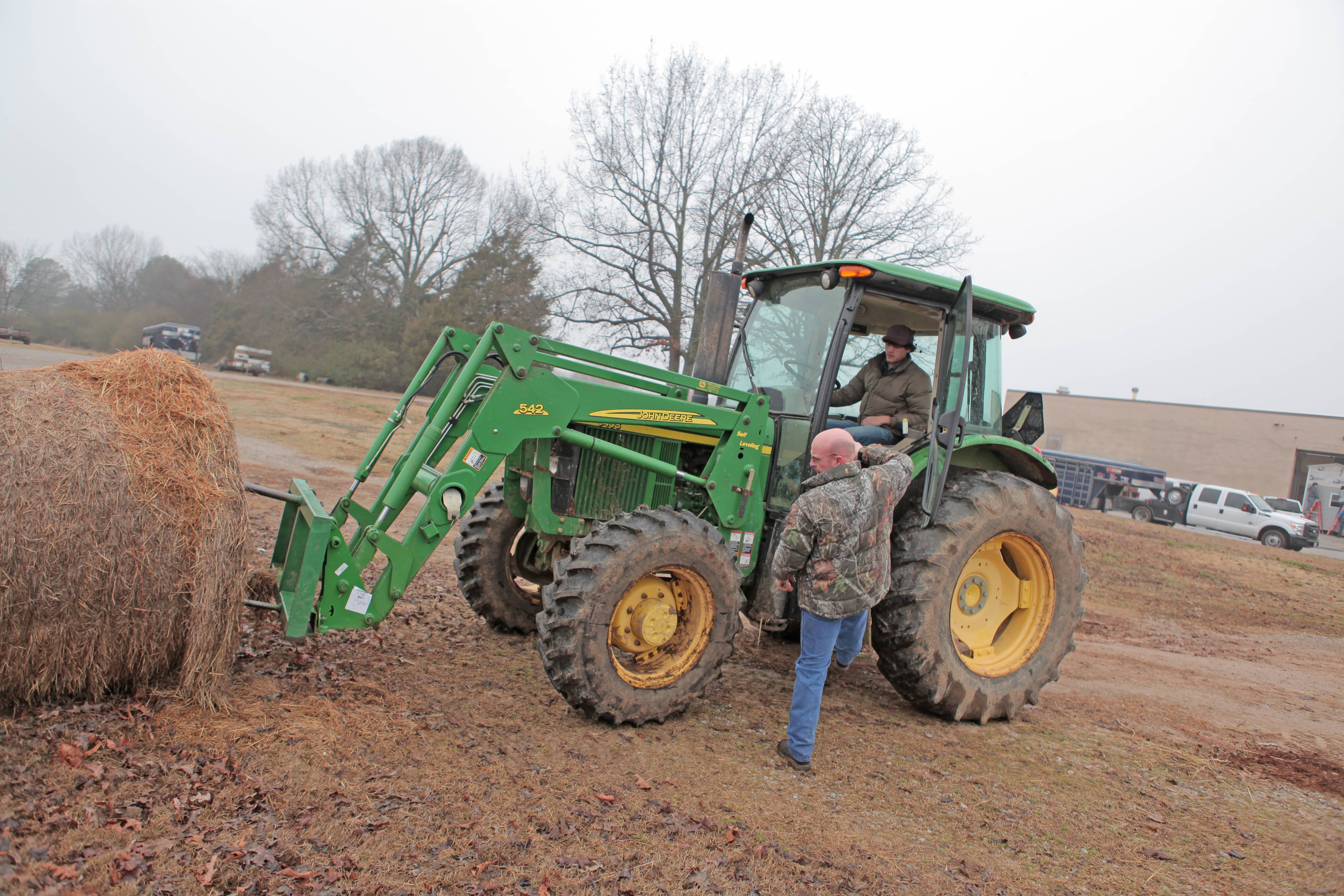 Tra Grissom, a junior at Cedar Ridge, and agriculture education teacher Tim Cunningham pick up a round bale of hay with one of the agriculture department’s tractors.
Tra Grissom, a junior at Cedar Ridge, and agriculture education teacher Tim Cunningham pick up a round bale of hay with one of the agriculture department’s tractors.



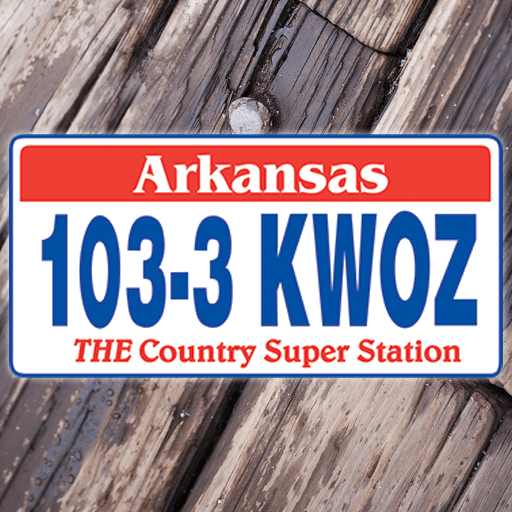

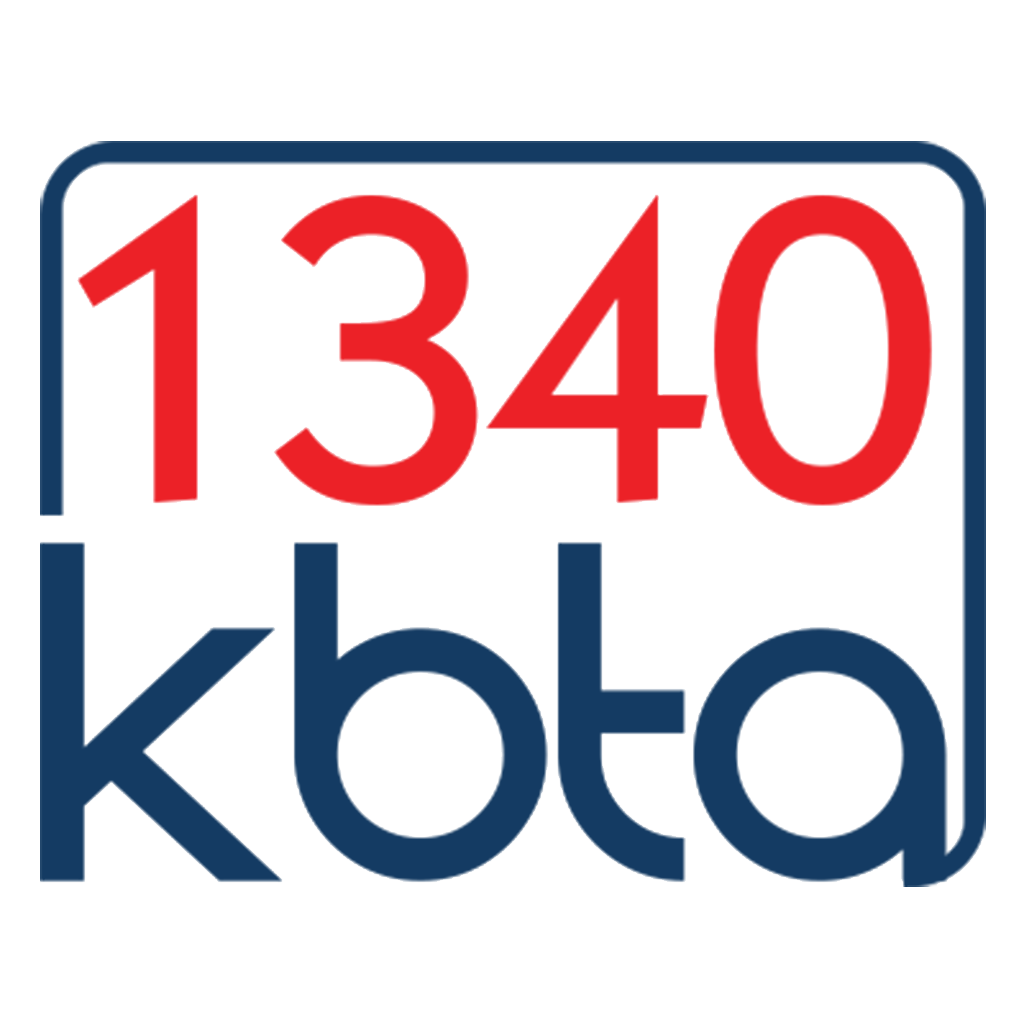

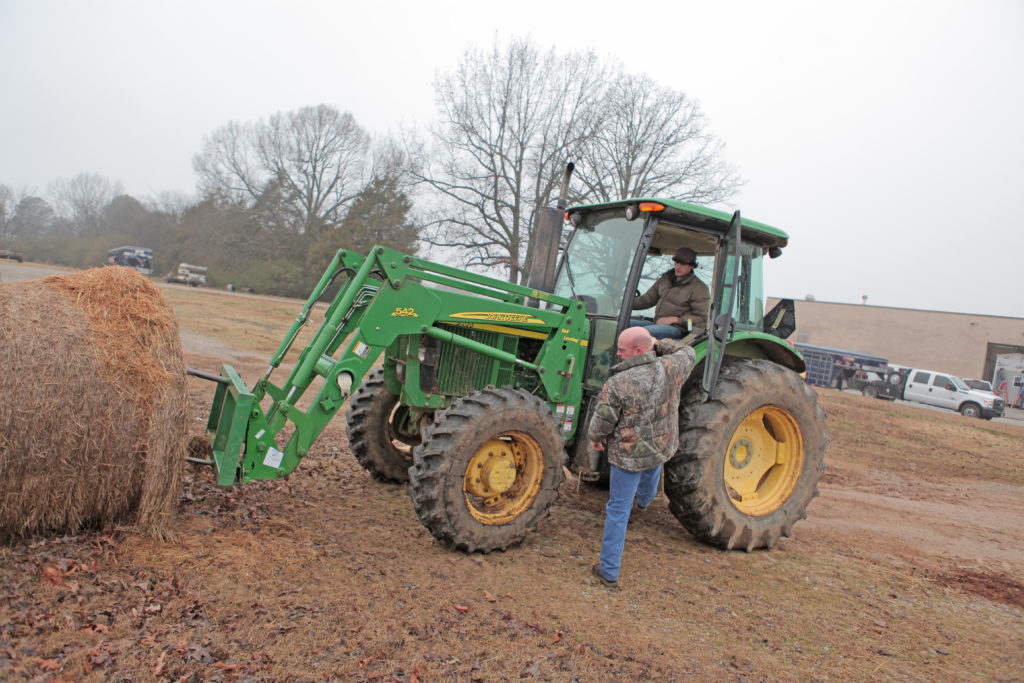
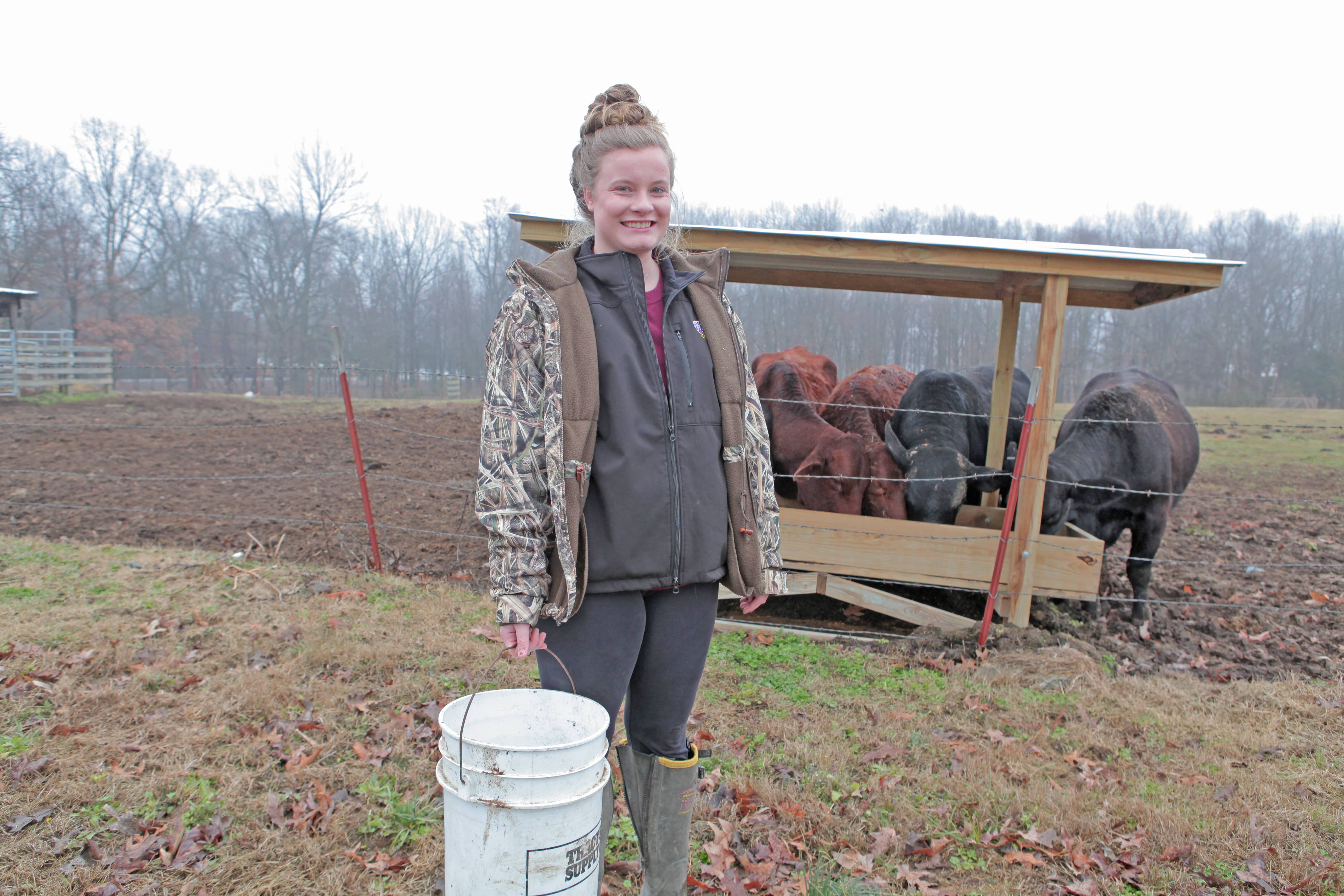 Senior Ashley Dubreville feeds her cattle and those of some of her classmates at Cedar Ridge High School. / Images submitted
Senior Ashley Dubreville feeds her cattle and those of some of her classmates at Cedar Ridge High School. / Images submitted